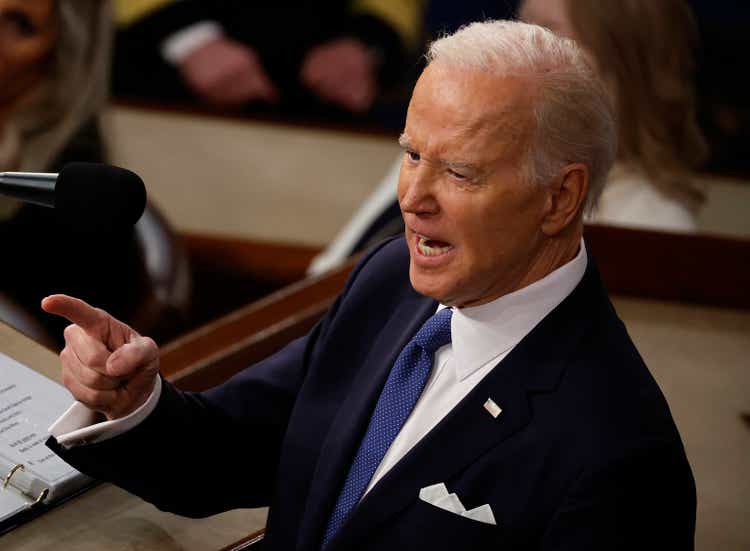Each year, on March 8, the world marks International Women’s Day (IWD) to renew our collective commitment to achieving gender equality. While much progress has been made in this regard, there is still a lot of work left for us to do.

This year, IWD’s theme encourages us to “Invest in women – Accelerate progress”. To mark this occasion, WHO is calling for intensified investments in the health of women and girls in our South Asia region and across the world. This must be done to ensure that all women and girls, everywhere, realise their right to health and accelerate progress towards gender equality.
Our region has made significant progress towards gender equality. Admittedly, starting from a low base, countries in South Asia have registered the fastest gains in closing the gender gap in the last decade – especially in health and survival.
Despite this progress, the highest any country in South Asia is ranked in the 2021-22 UNDP Gender Inequality Index is Thailand ranked 66 (out of 191 countries). The lowest ranked is 149. Clearly, there is much work left to do. Investing in the health and well-being of women and girls requires adequate investment in health overall. In this regard, current government health expenditure in our region is unacceptably low: Our region is ranked the lowest among all WHO regions in terms of government spending on health.
As a result of this, out-of-pocket expenditure for health remains unacceptably high for everyone in our region. We know that, when families have to pay out of pocket, they delay or forgo the needed care. This has a gender impact because societally the burden of caring for the sick and elderly falls disproportionately on women and girls.
In fact, women and girls already perform most of the unpaid work in households, spending two to five times more time than men on such work. This is a significant constraint on women from playing their full roles in economic and political life. I am heartened that there is now a public discussion on officially recognising and including the value of a woman’s unpaid work in a nation’s GDP calculations.
When it comes to health, the advances we have made in the region have not been equally felt by all women. Geographical location, educational levels and household income levels continue to correlate to persistent inequalities in women’s health.
The proportion of women receiving antenatal care from skilled providers has improved, but uneducated women have a lower antenatal care coverage rate, with a gap of more than 40 percentage points in some countries in our region. There has been a significant increase in skilled attendance at delivery in the region, and the proportion of women satisfied with modern methods of family planning has improved. However, in both cases, women from rural areas, those with lower education and those from poor households are not experiencing these as much as others. Comprehensive knowledge about HIV/AIDS among adolescent girls has improved slightly but still ranges from fewer than one to five in every 10 adolescent girls across countries in our region.
Policies do not fully recognise women’s autonomy in sexual and reproductive health decisions. Most countries in the region allow abortion only when the mother’s life is at risk due to pregnancy. Investing in comprehensive reproductive healthcare services, including contraception and maternal health services, is crucial for empowering women and improving maternal and child health outcomes.
Biological factors interact with gender norms, roles and activities to result in differences between men and women in their exposure to risks of noncommunicable diseases in our region. For example, the higher prevalence of overweight and obesity among women than men, and the lower prevalence of physical activity among women than men, likely reflect gender differences in mobility, physical access to recreational facilities, and perceptions of safety from crime and traffic.
Gender inequality also affects equitable access to diagnosis and treatment of non-communicable health conditions. For example, compared to men, a higher proportion of women with raised blood glucose go untreated. This diagnosis and treatment gap is also seen for hypertension.
Access to quality healthcare services is key to advancing the right to health. Women in our region speak of facing various gender-related barriers to access to services (such as lack of availability of a woman health provider), lack of access to household resources (such as money), longer distances to health facilities, issues of transport, and more.
The scourge of violence against women and girls persists and is a violation of their human rights. The significant negative health consequences of this make it a priority public health issue too. More than one in three women in our region have experienced intimate partner violence in their lifetime. Sadly, this is significantly higher for rural and uneducated women and those from the poorest households. Increased investment is needed in comprehensive policies and programmes to prevent and respond to violence against women, and to equip the health sector with the capacity to play its due role.
Gender-responsive health policies and programmes, informed by gender analysis of sex-disaggregated data, can help reduce gender gaps in health and improve women’s overall health and well-being. All countries in the region have adopted the concept of gender mainstreaming in their national plans, with many having specific policies for gender equality. However, the institutional capacity to implement these strategies needs strengthening.
Gender-responsive budgeting is a promising approach – it involves allocating resources to address the specific needs and priorities of women and girls, towards more equitable access and reduced gender gaps in health. Only seven countries in the region have national plans for gender-responsive budgeting, most of them pre-dating Covid-19.
My own office is currently tasked with designing one of my priority programmes targeting the health of women and children, including pregnant women. This programme is being created with education, empowerment and prevention in mind. Structured with a life-course approach, this will include comprehensive health and well-being screenings, vaccination and nutrition programmes, and promotion of both physical and mental well-being and resilience.
Focusing on women’s health has multigenerational impacts on public health, early childhood development, and even societal and economic development. This is something the sustainable development goals framework also recognises. The health outcomes of the next generation are impacted even before they are born – and so we must pay a particular focus to the health of pregnant women. Better-informed mothers lead to lifelong benefits for subsequent generations. They provide better nutrition for children, encourage active lifestyles, instil cleanliness and hygiene, and other healthy habits. Their knowledge, understanding and practices regarding their own health are taught to not only their own families but to their broader communities as well. When we improve a woman’s knowledge of health, she will teach other women around her.
On International Women’s Day, we reiterate our commitment to invest in women and to accelerate progress.
Samia Wazed is regional director, WHO Southeast Asia. The views expressed are personal















